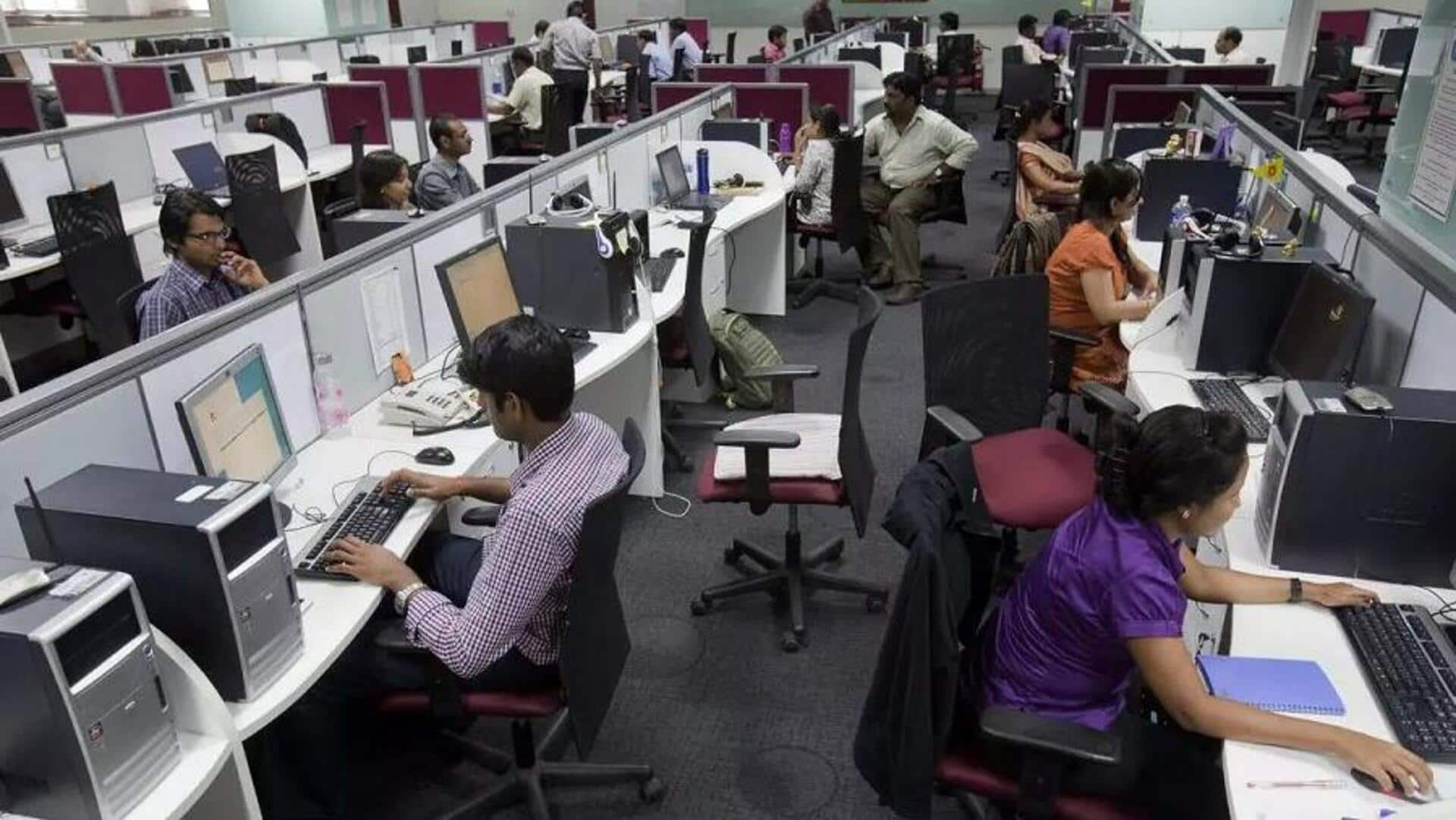
Microsoft warns about 'infinite workday' trend: What is it?
What's the story
Microsoft has flagged a new trend in the modern workplace, calling it the "infinite workday." The term refers to a scenario where employees are constantly connected and working, from dawn till dusk. The tech giant's analysis of data from its 365 suite revealed some startling statistics about this phenomenon. For instance, 40% of people are already online by 6:00am checking emails and preparing for their day ahead.
Work disruptions
Employees receive around 270 messages daily
The average worker using Microsoft 365 gets bombarded with 117 emails and 153 Teams messages every day. This constant stream of notifications and interruptions makes it hard for employees to get anything done between the traditional working hours of 9:00am and 5:00pm. Microsoft found that nearly half (48%) of employees feel their work is chaotic and fragmented, with leaders feeling even more overwhelmed at 52%.
Meeting overload
Meetings now take away focus time
Microsoft's research also highlights how meetings have hijacked prime focus time. The company found that 50% of meetings occur between 9:00-11:00am and 1:00-3:00pm which are the times when people are most productive. Tuesday is now the heaviest meeting day, accounting for 23% of all scheduled calls. This trend further adds to the chaos and fragmentation of modern work life.
Extended hours
Evening and weekend work on the rise
The "infinite workday" doesn't just end with the traditional 9:00am-5:00pm schedule. Microsoft saw a 16% year-over-year increase in evening meetings, with nearly a third (30%) of workers checking their emails by 10:00pm. Weekend work is also on the rise, with 20% of workers looking at their email before noon on weekends. This trend highlights how blurred the lines between personal and professional life have become in today's digital age.
Need for change
AI could accelerate already broken systems, warns Microsoft
Microsoft's research suggests that without a fundamental rethinking of how work gets done, artificial intelligence might end up accelerating an already broken system instead of fixing it. The firm argues that organizations need to become "Frontier Firms" that redesign their work around AI and human-agent teams, in order to break free from this cycle.